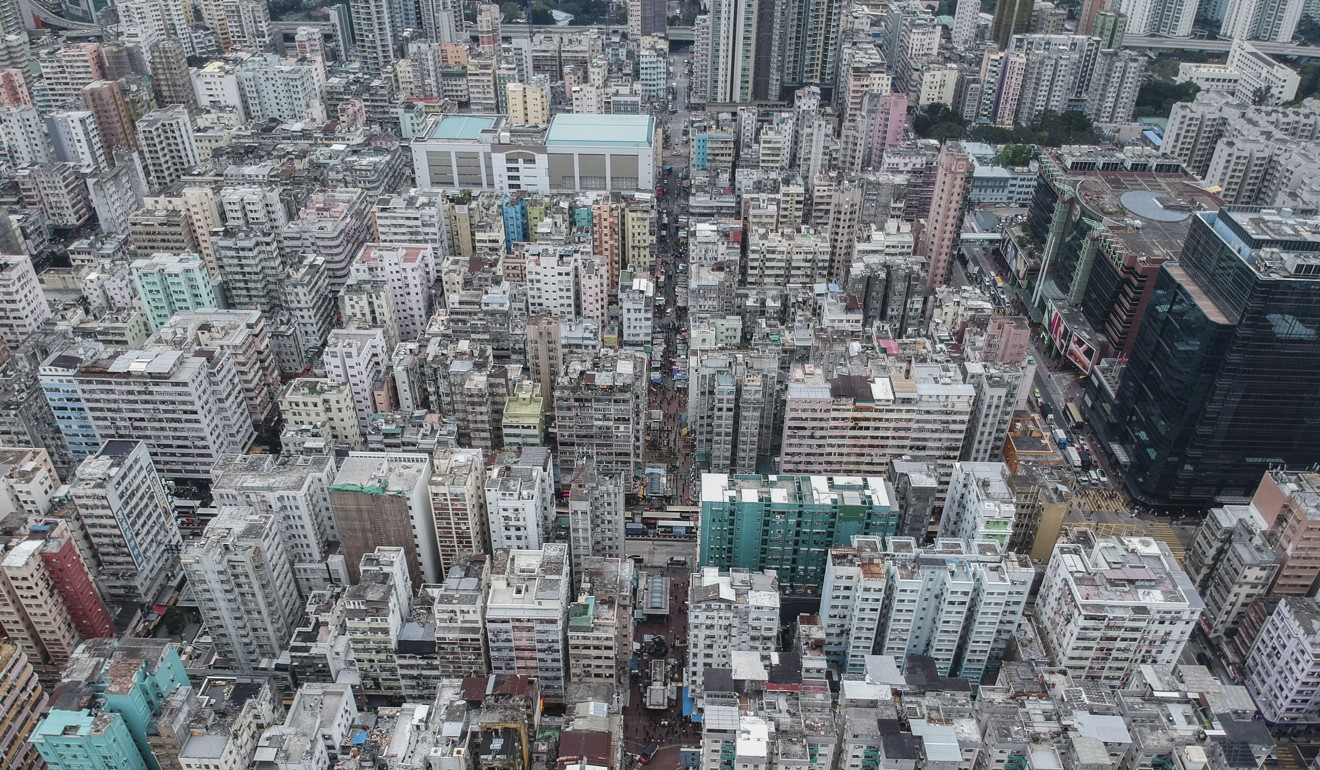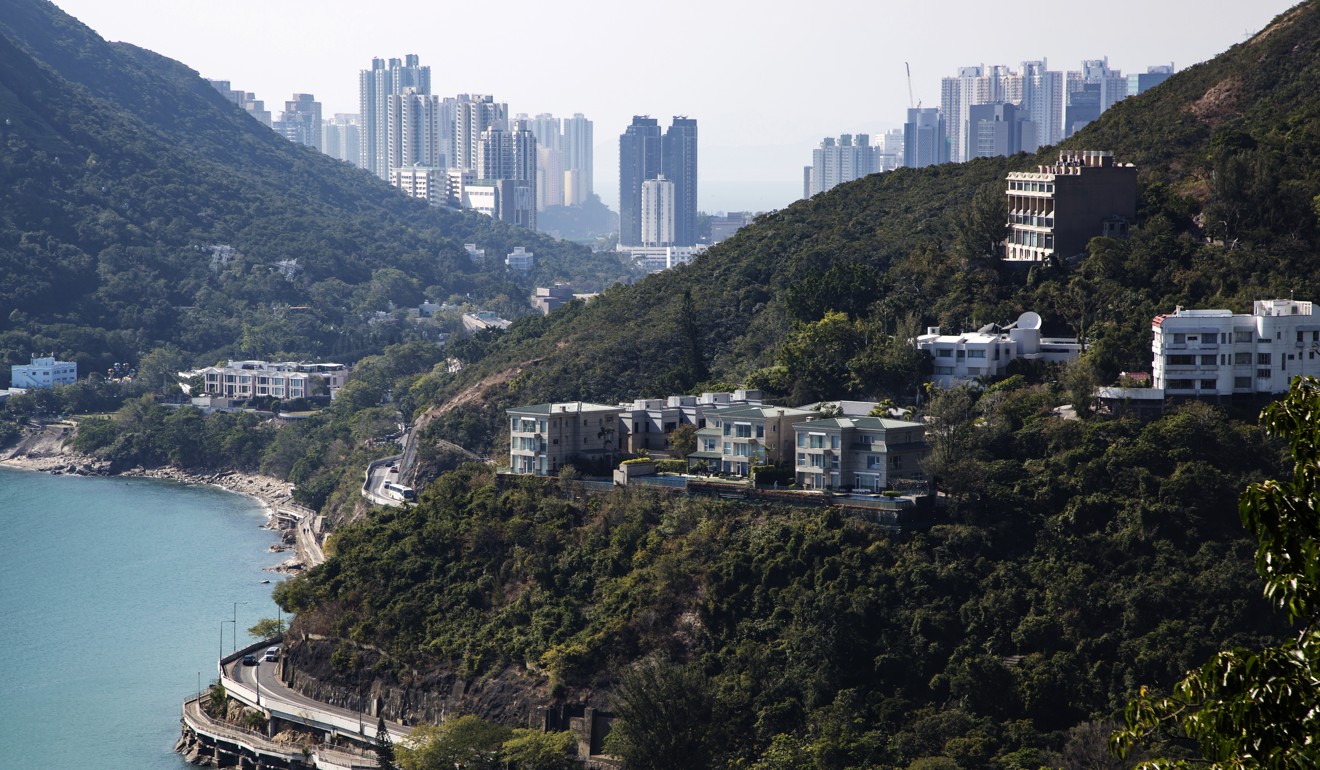
Anger as top 10 landlords in Hong Kong enjoy rates rebate of HK$256 million
The top ratepayer alone is expected to receive a rates concession of HK$102.6 million from 15,645 rateable properties owned
The top 10 landlords in Hong Kong – who own about 40,000 property units among them – will benefit from rates waivers of more than HK$256 million (US$32.8 million) this financial year, reigniting criticism that the government was once again favouring the rich.
In his February budget, Chan raised the waiver from a maximum of HK$1,000 per quarter in the last financial year to HK$2,500 per quarter for a full year.
Property tax won’t be levied on 1.43 million private flats in 2018-19
The latest figures, revealed by the Financial Services and the Treasury Bureau on Monday, suggested that the top ratepayer alone was expected to receive a rates concession of HK$102.6 million from the 15,645 rateable properties owned.

The next nine ratepayers were each expected to benefit by between HK$8.9 million and HK$29.3 million for the 1,258 to 5,038 properties they held.
In total, the top 10 landlords – owners of 40,136 units in the world’s most expensive housing market – would save HK$256.5 million.
Democratic Party lawmaker James To Kun-sun believed the top 10 ratepayers were all developers and said the findings once again highlighted the skewed nature of the city’s fiscal policy.
“It is utterly inappropriate to offer over HK$102 million to someone who owns over 15,000 units,” he said. “That is returning the wealth to the wealthy.”
‘Not that ideal’ but 25 developers still bid for Tsing Yi site
However, Susanna Chiu Lai-kuen, former president of Hong Kong Institute of Certified Public Accountants, cautioned that the figure should be read together with the rates paid.
“It’s hard to conclude developers have particularly benefited the most. Maybe they paid a lot of rates beforehand?” Chiu said. “In collecting the benefits, perhaps the developers might also provide a rebate to customers.”
She said the government had mostly ignored calls from the middle class in previous budgets, so it was more important to consider whether that group had benefited.
Chinese University economist Terence Chong Tai-leung said it was worth distinguishing between residential and commercial properties for rates collection and that the additional administration cost would not be too high.
Previous bureau information showed the top 10 property owners saved between HK$124 million and HK$126 million annually in rates waivers in the past few years.
In the 2015-16 financial year – when the government waived rates for two quarters with a ceiling of HK$2,500 per quarter – the top 10 ratepayers altogether saved HK$126.9 million while the top 100 payers saved HK$251.4 million.
Owners of world’s priciest office tower say new tenants will pay even more
To said properties held under companies in general should be considered as investments that should not benefit from any rates concessions.
“These investors do not need help from the government … Why should the government benefit these big conglomerates?” he said.
“Even if middle-class citizens use a company [they set up] to buy a flat for self-occupation, the rates waivers should only be limited to one unit.”

The bureau document, submitted to the Legislative Council, also showed that most residential tenants did not benefit from the relief measure as only 4 per cent of them paid rates.
The bureau said over 82 per cent of the tenancies of the top 10 ratepayers were on a rates exclusive basis, with the rates concession rebated to tenants. That implied these properties were mostly commercial in nature.
The government added that any changes to the rates concession approach implied a need to fundamentally change the rates collection system, and it was unable to estimate the costs and time required.
Additional reporting by Alvin Lum

